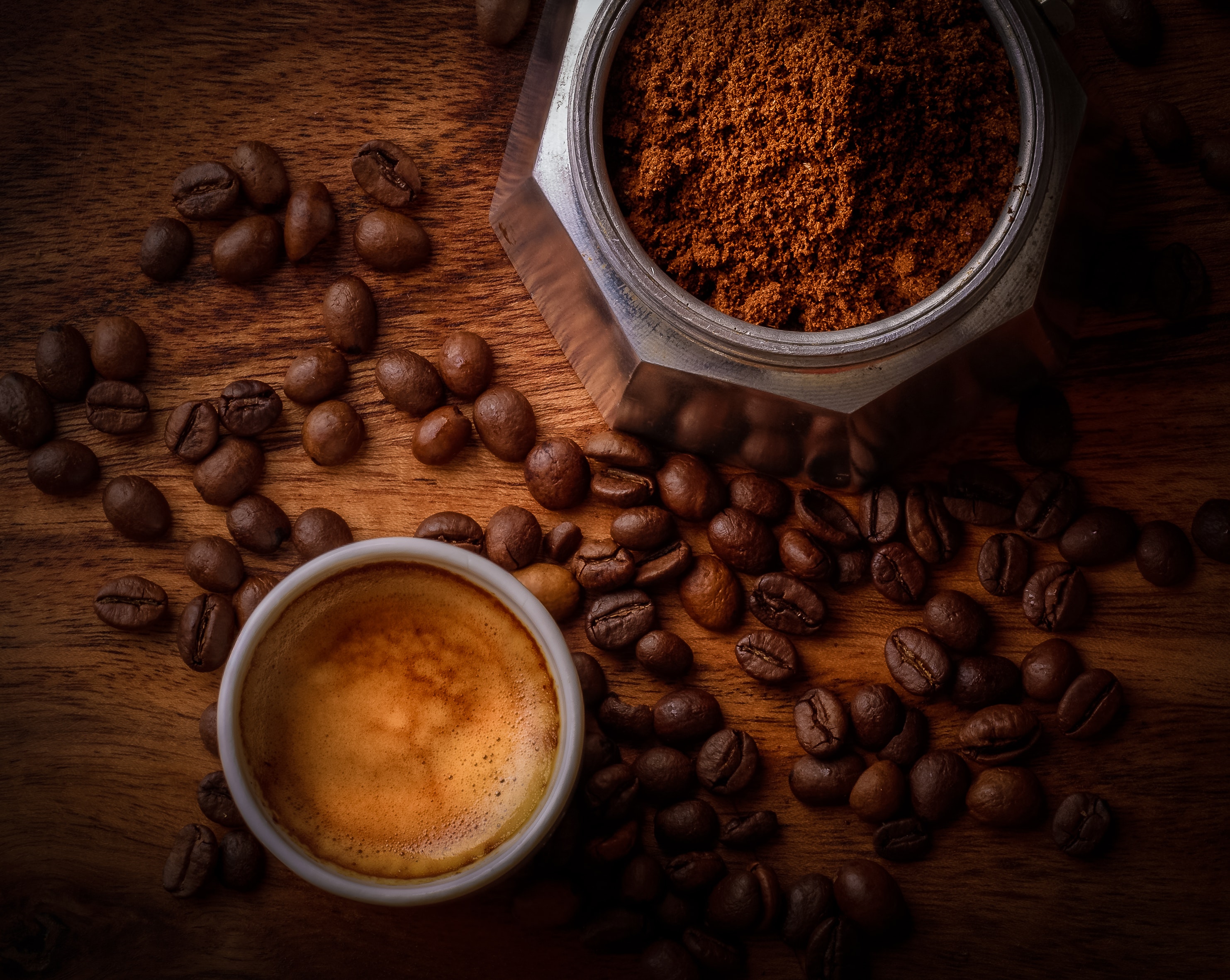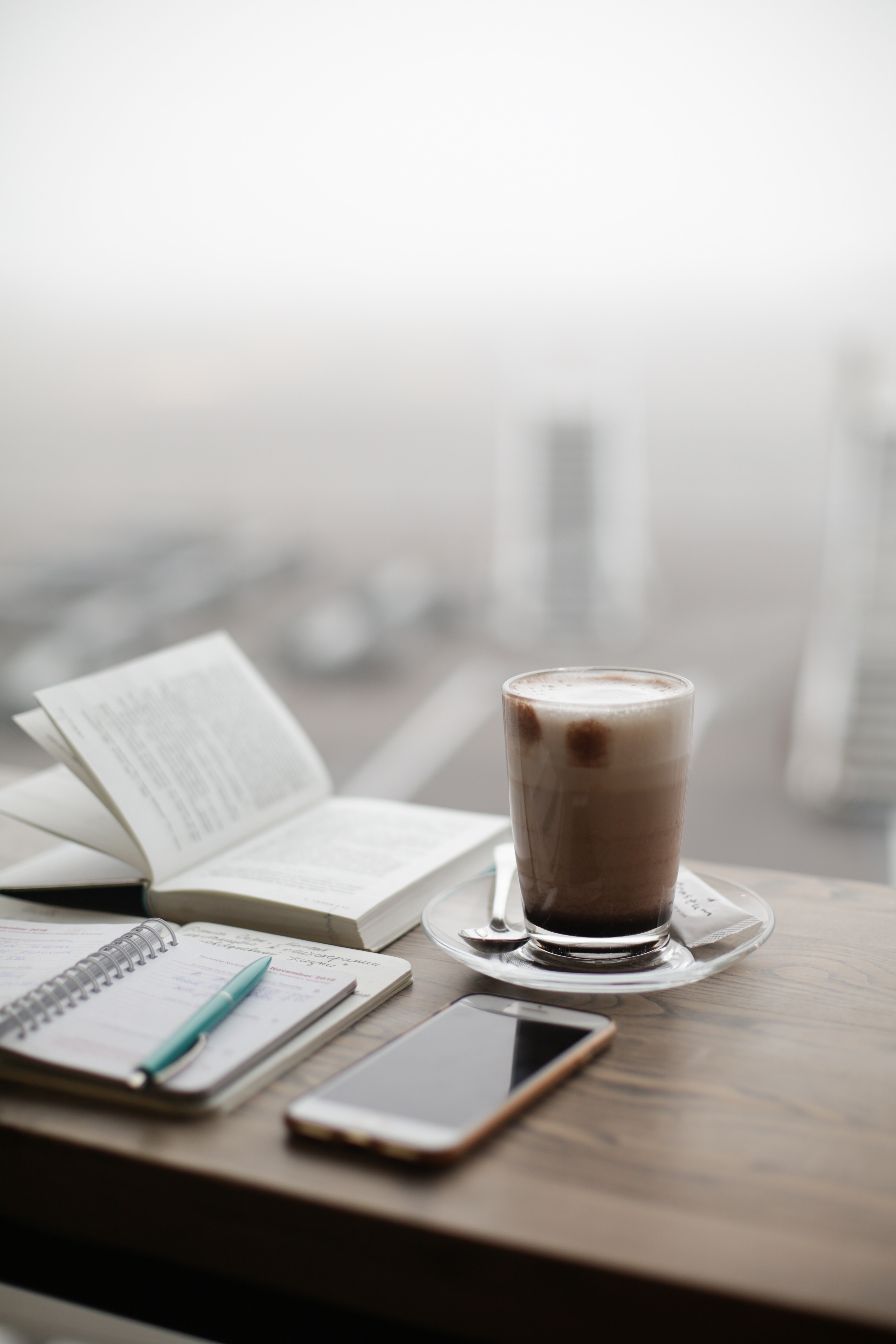

Do you remember the first time you tried a cup of coffee? What did you think? If you’re like most people, it may have taken for your tastebuds to adapt. After some trial and error, you probably settled upon a way of preparing your coffee in a way that suits your personal preference, but occasionally, you might be faced with an unexpected, unpleasant taste in your cup. So, why is it that coffee tastes bitter sometimes? A smooth, balanced cup of coffee is a delicate balance of several intricate variables. Prior to brewing, processing, roasting and grinding have an affect on how coffee tastes. Brewing method, duration, and maintenance can also influence flavor. Here are six common reasons your coffee tastes bitter, and easy ways to make your coffee taste better.
If you are drinking a Robusta varietal, you might notice a bitter taste. Two specific varieties of coffee bean dominate the modern coffee market. Arabica beans account for more than half of the beans in the coffee market, and they have a lighter, sweeter flavour. The other popular variety is the Robusta bean. Most Robusta is produced in Vietnam. Robusta has a higher caffeine content and a taste that might be described as “burnt or rubbery.” For the most part, Robusta is used for the manufacture of instant coffee granules, but some Robusta is used for conventional blends, particularly those popular in Italy. Other notable Robustas include Kopi Luwak and Kawa Sug (Sulu Coffee) from Southeast Asia
Look for blends that state they are made from 100% Arabica beans. Brazil happens to be the world’s largest producer of Arabica beans, but single-origin blends from places like Colombia, Guatemala, Costa Rica, Jamaica and Ethiopia are other reliable, mild Arabica varietals

Bitter Coffee Reason #2: Burnt Beans
What kind of beans are you brewing? Did something change recently? If coffee has a bitter taste, the first place to look is the label on the can, bag or box that your contained your coffee beans.
A light roast, such as a breakfast- blend, has a slight grainy finish whereas a medium roast bears a balanced profile. A dark roast such as an Espresso, French, Spanish or Italian Roast will have a singular toasted flavor which some consider reminiscent of tar, burnt toast or cigarette ashes. Your coffee may taste bitter because you have chosen a roast that is too dark.
Better Coffee: Choose a lighter roast such as a Blonde, Mild, Medium or a Breakfast Blend. As an added bonus, you might find yourself more energized, as lighter roasts contain more caffeine than blends that have been roasted at higher temperatures.
How are you storing your coffee? Over time, exposure to light, heat and air can cause unpleasant changes to the naturally occurring oils in coffee beans. When coffee beans are ground, more surface area becomes exposed. As coffee oxidizes, some of the naturally occurring oils may evaporate, causing coffee to lose it’s own flavor. At the same time, the beans can absorb aromas, or even the flavor of a plastic or metal container!
Better Coffee: Grind your beans immediately prior to brewing. If you must grind an entire bag or can of coffee all at once, store your beans in a cool, air-tight ceramic or tinted glass container. Even if you are using a pod-based brewing system, make sure to only buy as many pods as you need at a given time, use them before the sell-by or expiration date that is stamped on the box, and avoid exposing them to other aromas that could affect their taste.


Bitter Coffee Reason #4: Mind Your Grinds
As we discussed in reason #2, grinding your beans exposes more of the surface area. As more of the surface area is exposed, there is more potential for flavor to dissipate as the beans and water interact in the brewing process. Depending on the variety of coffee you are brewing, this could also mean intensification of particularly bitter flavor notes.
Better Coffee: Grind your beans for the appropriate brewing apparatus. French Press and Percolator machines take coarse ground coffee. For household drip-coffee machines, use medium grinds for a flat/basket filter and fine grounds for a cone shaped filter. Pump and steam espresso machines use extra-fine grounds. If you’re not sure of the machine you have, consult your owners’ manual or contact the manufacturer for additional guidance.
Bitter Coffee Reason #5: Proportion Distortion
Coffee that is too strong could taste overly bitter. If you’re new to coffee, trying a new brand, beans or brewing method, your ratio of beans to water could be slightly displaced.
Better Coffee: According to the Specialty Coffee Association, an international leader in barista education, the standard ratio for coffee brewing is 8.25 grams coffee to 150mL water, or adjusted for vessel size, 0.055 g coffee per 1 ml water. Other common brewing methods suggest 2 tbs per 180mL water. Nevertheless, these ratios may vary, according to personal preference. Add a little water after brewing if your coffee tastes too bitter or strong, or brew a fresh pot and use less coffee per unit of water. Adjust and experiment until the flavor is just right.
Bitter Coffee Reason #6: Timing is Everything
When coffee has been allowed to brew for too long, it might have a bitter taste. After brewing, coffee can also develop an unpleasant flavor if it has been allowed to sit for too long. Oxidization can raise pH of the beverage, and this alkalinity can cause unintended bitterness.
Better Coffee: Use a timer to make sure your coffee brews for just the right amount of time. Espresso should take between 20-30 seconds per 30mL shot. For a French press, allow coffee to steep for 4 minutes before serving. Regardless of your preparation method, be sure to store any unconsumed coffee in an airtight container within 30 minutes of brewing.

There are many reasons why coffee tastes bitter, but with a few small adjustments, you can go back to enjoying a smooth, balanced, flavorful cup. If you are responsible for providing coffee in your workplace, you may also want to consider switching to on-site beverage service. A professional on-site beverage provider makes sure that your machine is properly calibrated so that all of the variables that go into a great cup are in perfect harmony. This way, you can focus on your work, without searching for a roast that tastes good to everyone, and without the daily hassle of setting a timer every time a fresh pot of coffee has been brewed.
Has your coffee ever tasted bitter? What did you do? Have you ever tried any of these tips? We’d love to hear about your favorite ways to brew a better cup!
78 George St, Suite 204,
Ottawa, Ontario, K1N 5W1